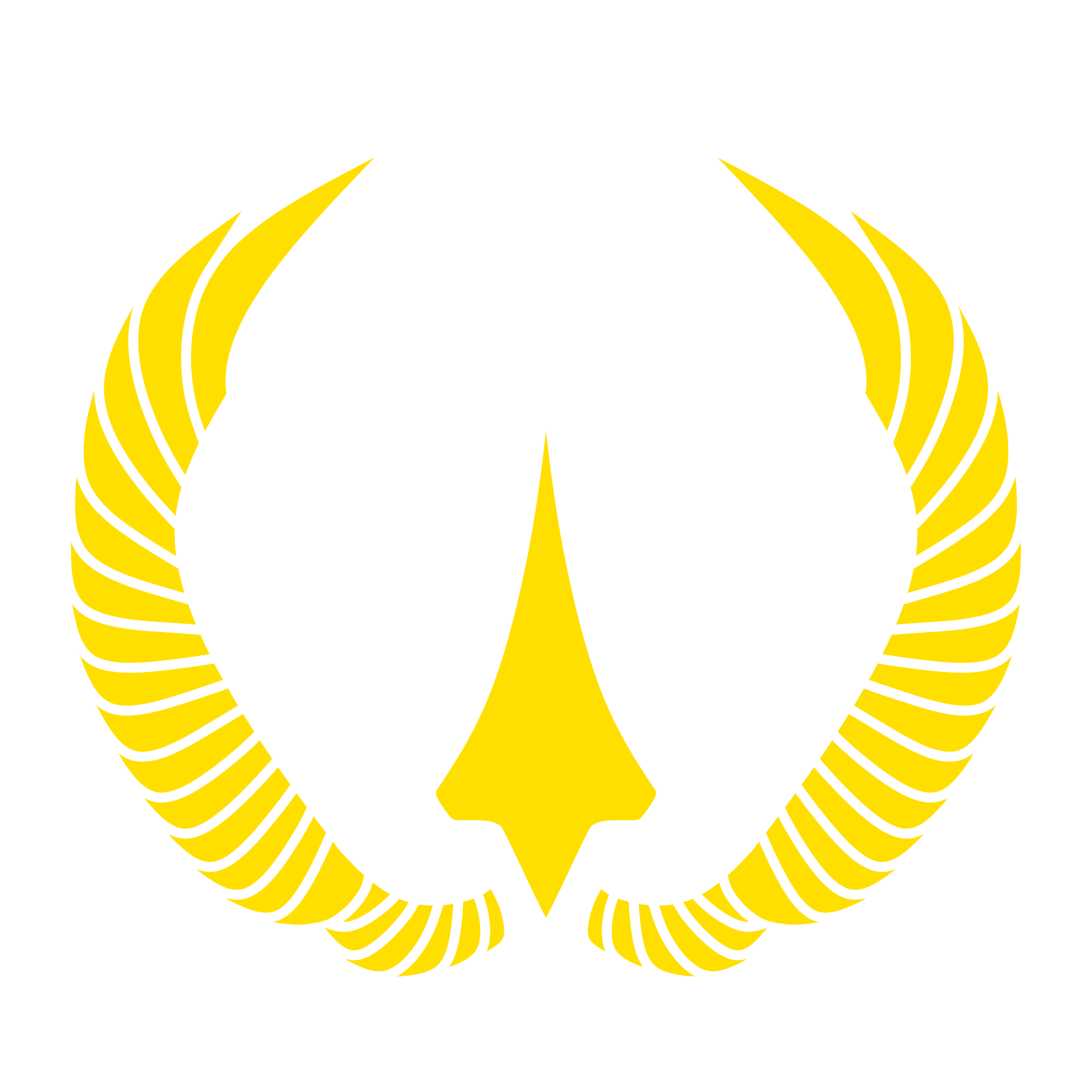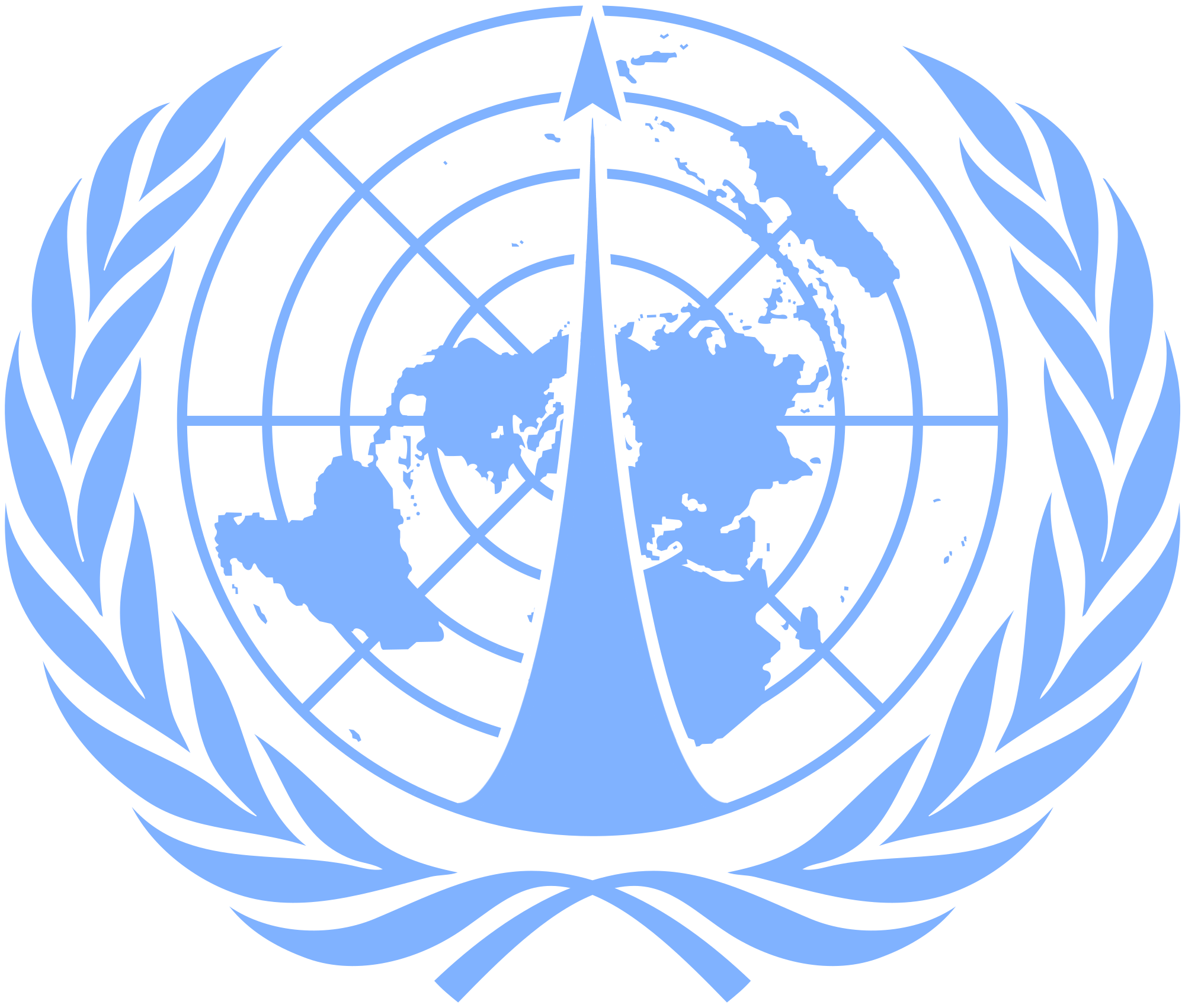United Nations Aerospace Coalition
History
Working jointly with commercial partners, the UNAC launched a network of communications satellites to provide high-speed internet uniformly to the entire planet, and began modifications to both the ISS and ILRS that would allow humans greater access to the solar system and facilitate ease of travel in Earth's orbital space, including the construction of the Deep Space Gateway. At the end of the Ares program, the UNAC constructed the International Mars Orbital Research Station and began preparations for continuous presence in Mars orbit. At the same time, the UNAC also began to focus on the outer Sol system, launching several missions to Jupiter and commissioning the construction of a permanent station in its orbit: Juno.
The UNAC soon turned its eyes towards the stars themselves, and once the SHEO telescope spotted the planet Vulcan in the Alpha Centauri system as of 2031, the organization constructed the probe Spock and . Later, after the Breakthrough fleet's mapping of the Proxima Centauri system and the Copernicus mission's revelation of life on Prometheus, the UNAC assembled and operated the Arete mission to Prometheus in 2181. This was preceded by the Ambassador fleet of probes in 2175, and succeeded by the probe Elpis' sojourn to Alpha Centauri in 2198, the followup Caerus mission to Fortuna in 2208, and so on.

View Nations
- United States of America
- Canada
- United Mexican States
- Free Russian Federation
- United Kingdom
- French Republic, Federal Republic of Germany, Swiss Confederation, and other ESA partners
- Commonwealth of Australia
- Republic of India
- Japan
- Oriental Republic of Uruguay
- Reunited Free Republic of Korea
- United Arab Emirates
- Republic of South Africa, Federal Republic of Nigeria, and other ASA partners



Comments